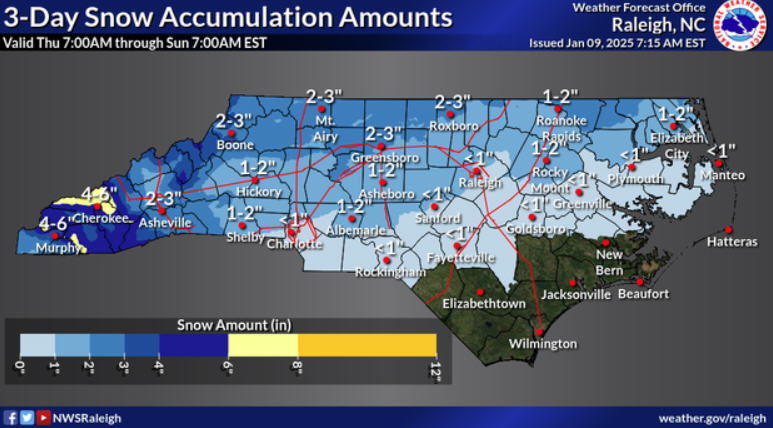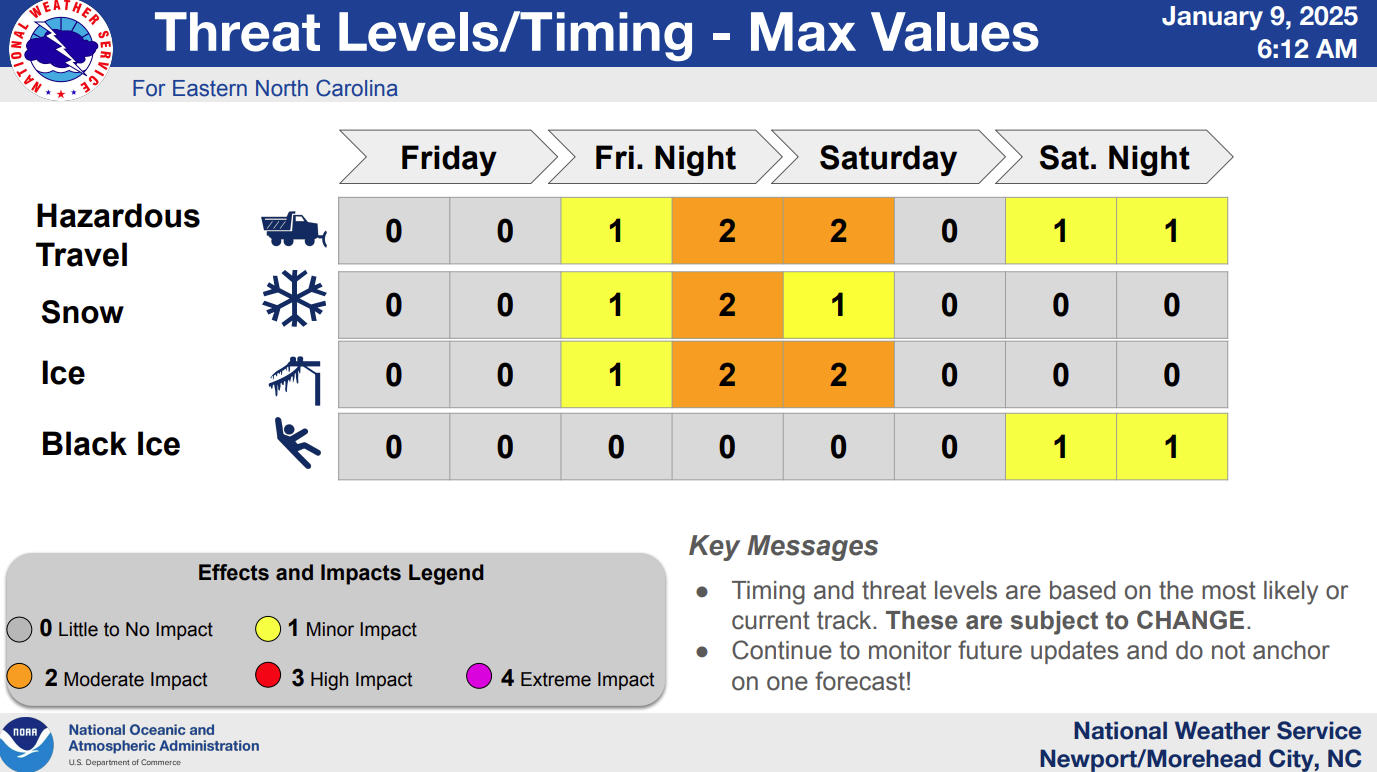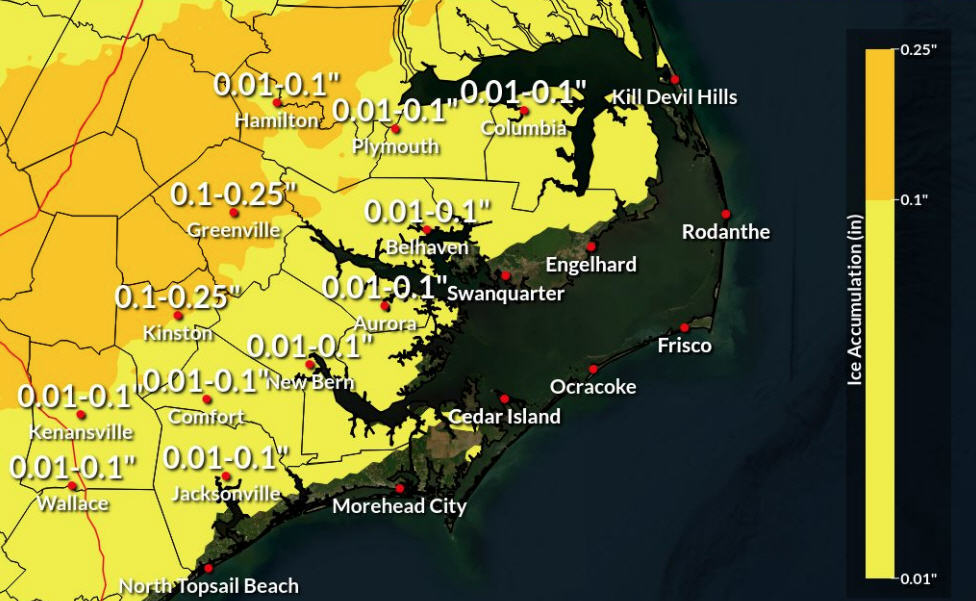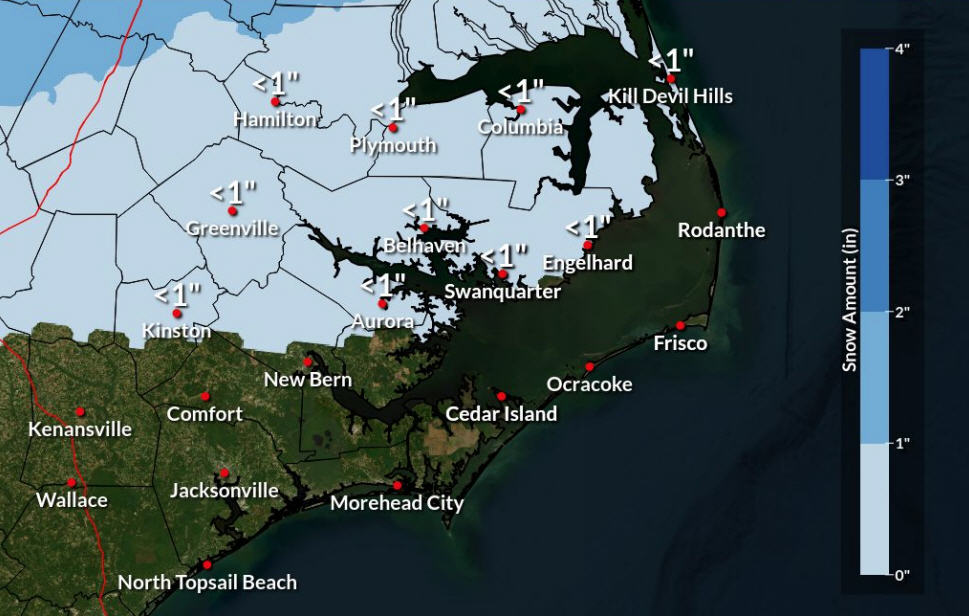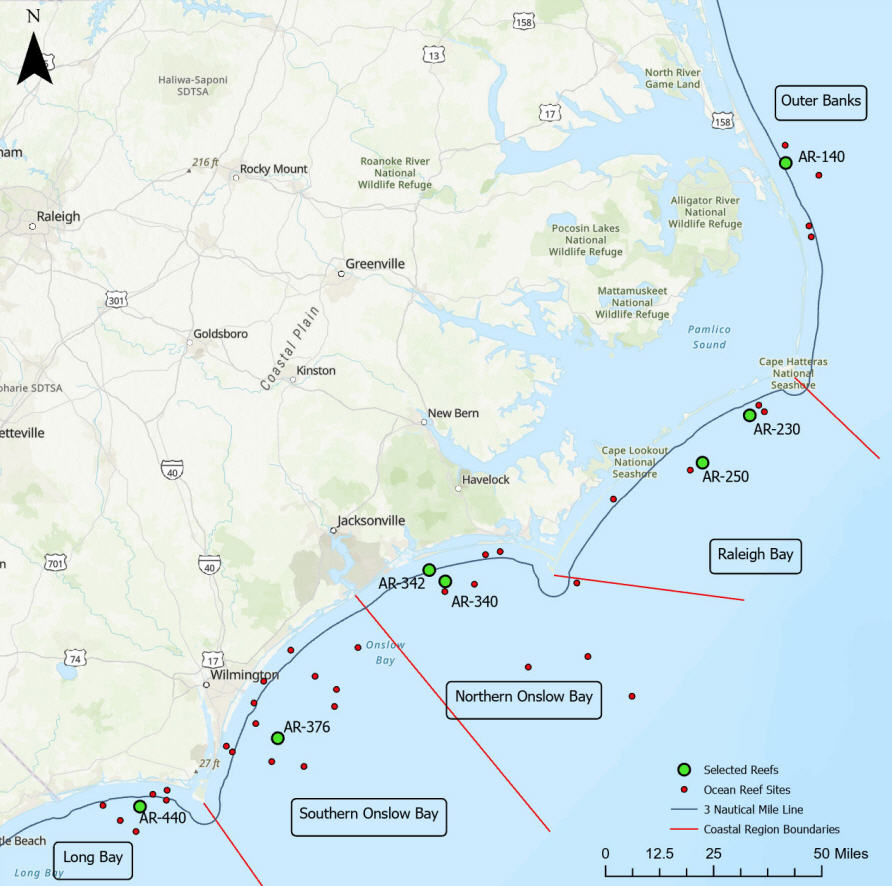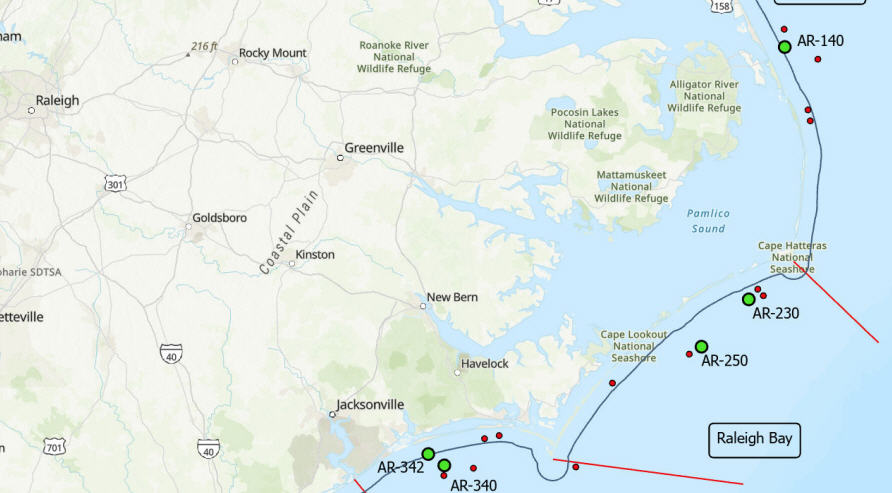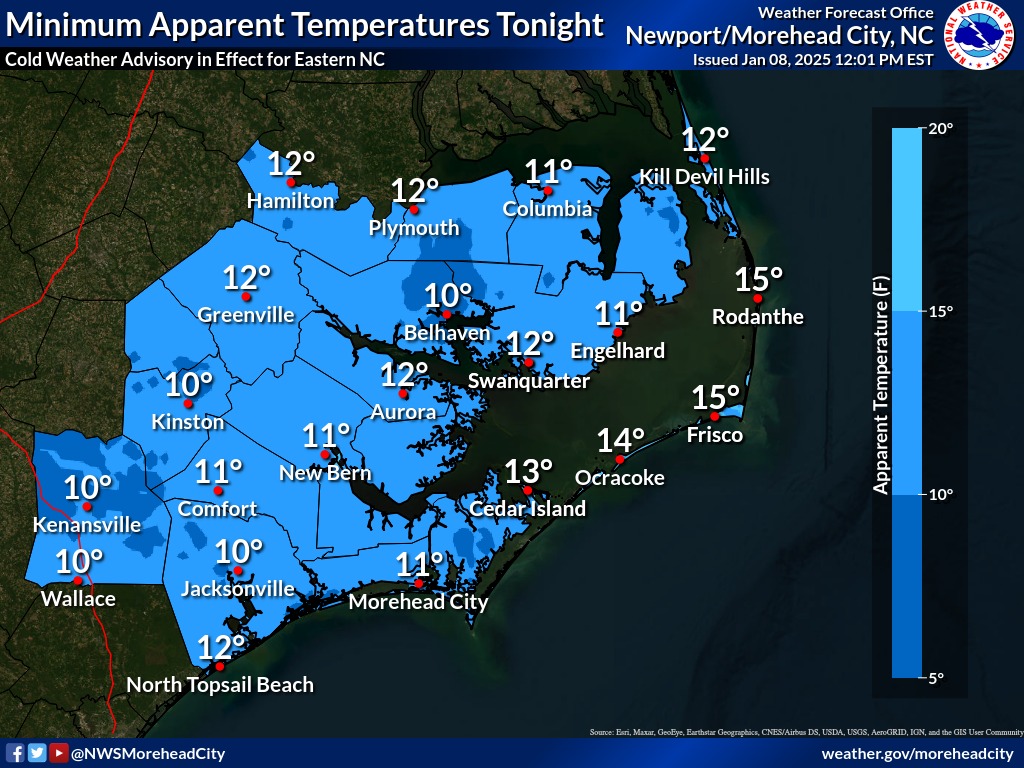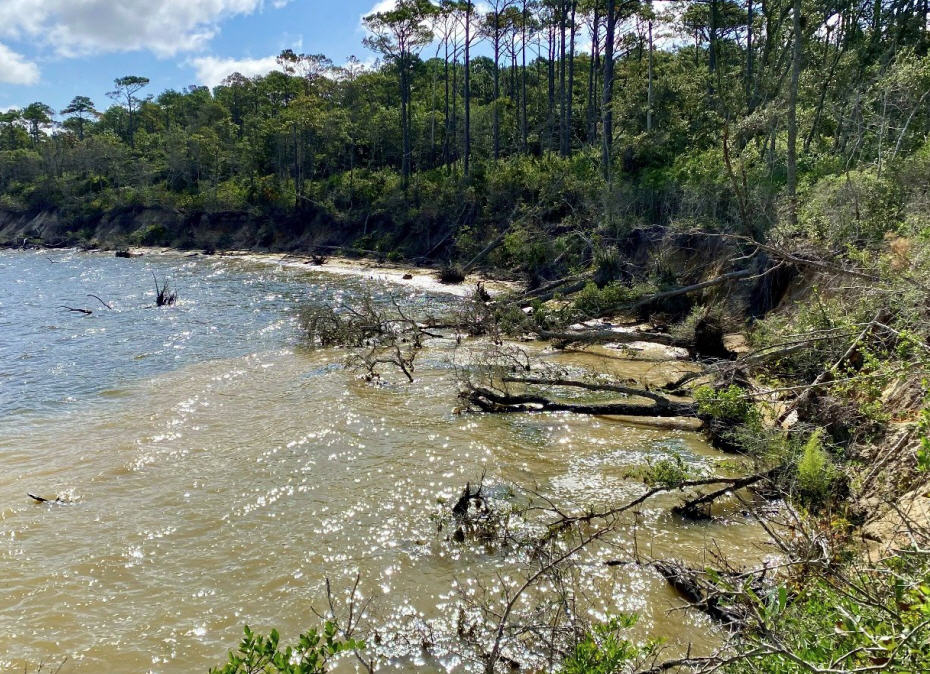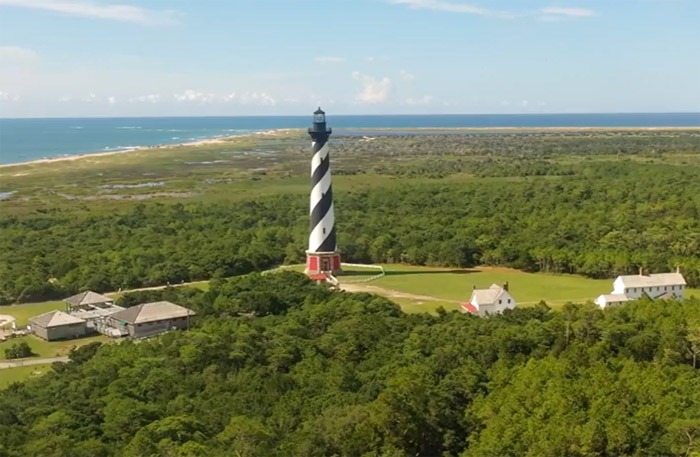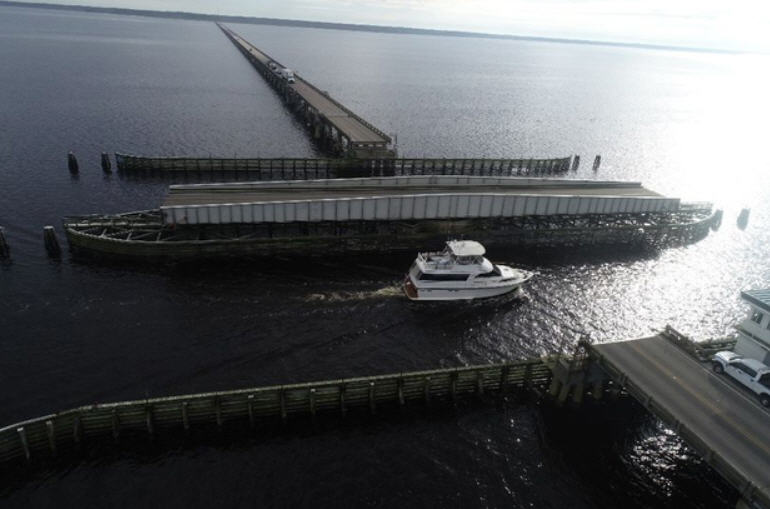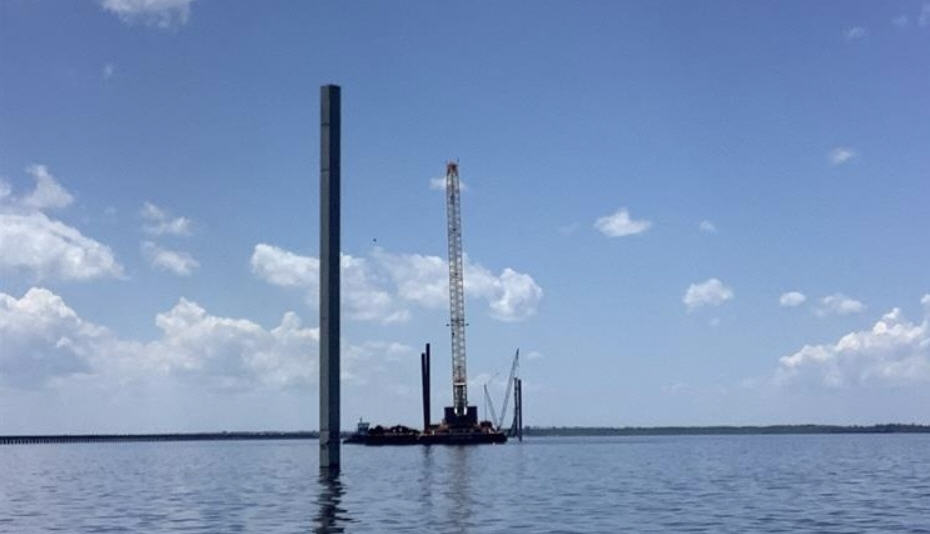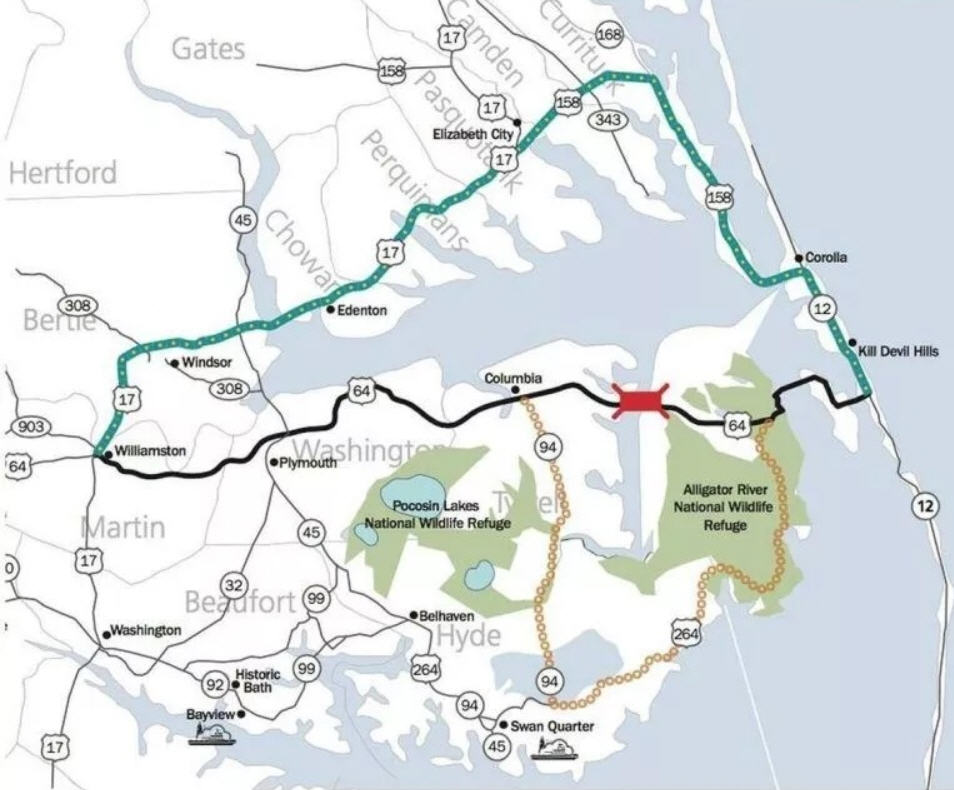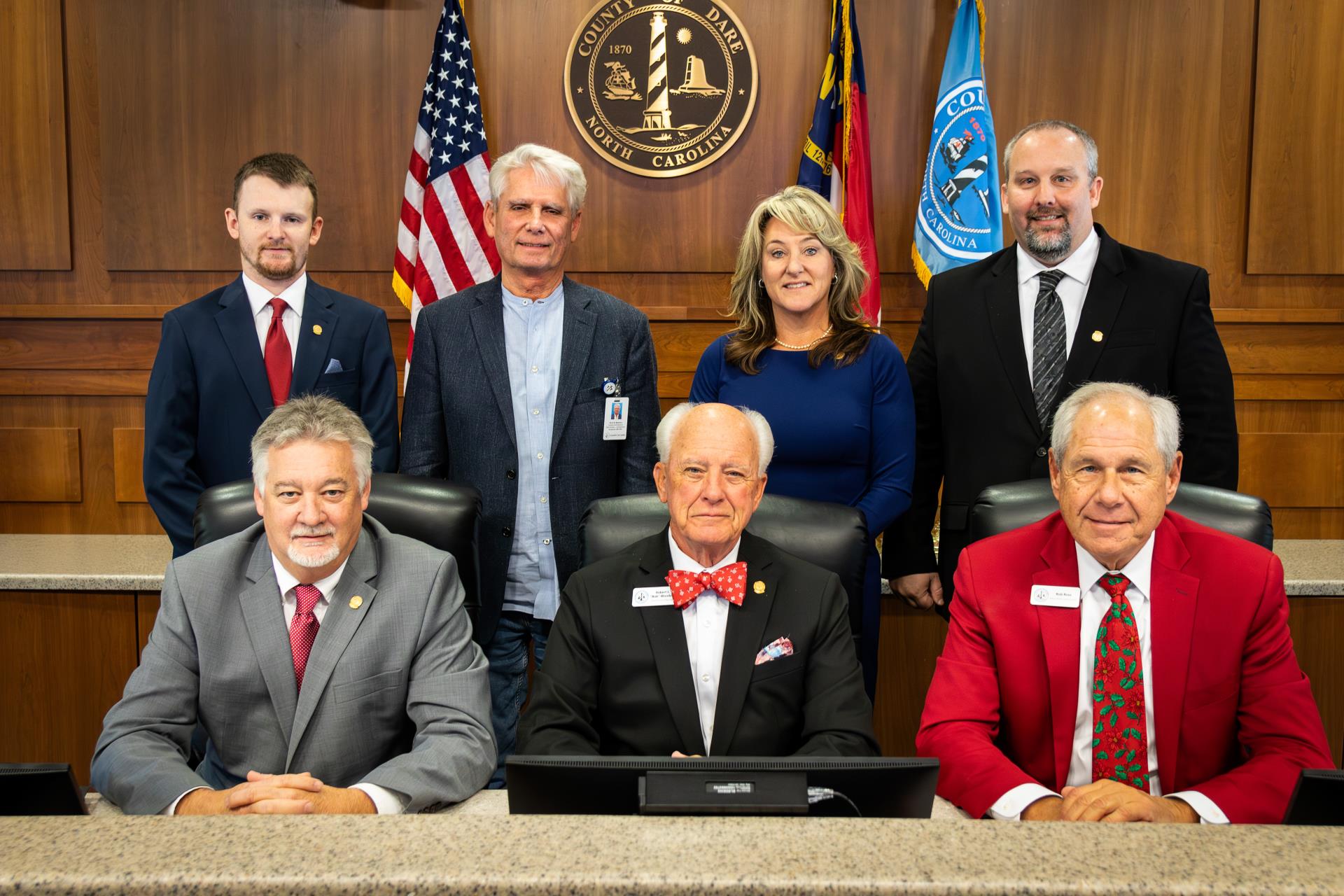Hatteras waterman and his family are thankful for his ‘miraculous’ recovery
Our late summer and early fall fishing season was beset with rough seas and high winds. Frustrated watermen were all too often confined to the harbor.
Then Hurricane Irene created even more difficulties and Day at Docks and the Blessing of the Fleet had to be cancelled. The blessing was rescheduled for Sept. 30 on what was the prettiest evening we’ve ever had for the event. At least 30 professional watermen had boats in the solemn ceremony.
This year four preachers offered prayers for the safety of the men and women who ply the ocean and the sound and for profitable harvests.
The scaled-down blessing was more solemn than usual, as we also offered prayers for our island friends and neighbors who were suffering unspeakable losses after the hurricane.
There were few visitors here, so it was also very intimate. Everyone in attendance knew a waterman.
Only one hymn was sung, “The Navy Hymn,” that beseeches God to “hear us when we call to thee for those in peril on the sea.”
The usual collection of family and friends rode on the boats and the Coast Guard contingent was especially large. In accordance with the tradition of the Blessing of the Fleet, the Coast Guard Motor Lifeboat followed the fleet into the harbor representing their role to see our watermen safely home.
Among the workboats was, as always, the fishing vessel Net Results under the command of “Tall Bill” Van Druten, a fisherman with 27 years of experience working the waters off Hatteras, both in the charter and (mainly) in the commercial sectors.
Following the ceremony, there was unusual silence in the harbor as Todd Ballance slowly steered the shad boat carrying the preachers and the memorial wreath out to the open waters of the sound where it was placed to commemorate those watermen who have “crossed the bar” for the final time.
The next morning dawned clear and fairly mild with a northwest wind. It was an okay day for fishing, and most of the watermen looked forward to getting to work, finally.
Tall Bill set three nets in the ocean, and at 8:20 a.m. began to fish the first one back in. He was about a mile and a half from shore.
When he engaged his hydraulic net reel to retrieve his first set, he suddenly realized his coat was caught in the net. He was not close enough to the switch to turn it off and quickly found himself being wound around his net reel, trapped by the net that was coming back into the boat.
All he could think was, “I am going to die.”
He had the presence of mind to try to stop the spinning net reel by pressing his foot on the frame. But it was a difficult and tiring action, and he couldn’t do it for very long.
He was aware, he thinks, at all times of the turns his body was making around the reel and of the pressure of the lines cutting into his body and by a constant drip from a jellyfish that was also in the net. However, he had no sense of time, and it was only later that he realized he had been assaulted by his own gear for about an hour and a half.
It is normal for watermen to chatter all day or night – on the radio or by cell phone. There is a lot of information exchanged, a lot of griping and, yes, gossip. Someone noted that Tall Bill hadn’t weighed in and people tried to reach him.
He was unable to reach his radio or his phone, and his lack of response set off alarms among the other boat captains.
In the distance was the fishing vessel Miss Megan and its captain, Jeremy O’Neal, decided to head over to Net Results. He soon realized that there was no sign of “The Tall One” and no evidence of activity on the boat.
Now, really concerned, O’Neal left his net and raced toward Tall Bill, still trying to raise him on the marine radio. From the fishing vessel Lucy B, Rob West continued to call Van Druten’s cell phone.
O’Neal approached and began to call out to Van Druten. Still conscious, Tall Bill was able to respond, “I am alive!”
O’Neal spread the word throughout the fleet and, on nearing Net Results, assessed the problem and called the Coast Guard. In the meantime, another fishing vessel, Paul Dunn’s Shannon D, was approaching.
Van Druten believes he remained conscious throughout the ordeal and knows he heard Miss Megan’s engines as the boat came up next to him.
O’Neal put his mate, Cory Sisler, aboard Net Results, and Sisler set to cutting Van Druten free of the nets that had wrapped around him multiple times. He was aware that Sisler “cut the net but did not move me, but loosened the tension from the net.”
“I thought I was fine. Just cut me out of this net and let me get up and shake my arms around,” he remembers. “I had no pain in my neck, no sudden pain at all.”
The Coast Guard arrived from Station Hatteras Inlet with the intention of transferring Van Druten. But, Van Druten recalls, “We had drifted offshore, and it was getting sloppier so they decided to run my boat back to the Coast Guard Station.”
Latane Saunders, Paul Dunn’s mate, was the designated driver. Tall Bill “doesn’t know how many people were on my boat. I know there were some people.”
It was a long, slow ride and they were met by EMTs and by his terrified wife, Michelle.
The EMTs “dragged me from under the net reel and put me on a back board. My arms were numb and I still thought they were just asleep and that I could shake them out. But they wouldn’t move.”
He was soon underway by helicopter to Outer Banks Hospital and a very worried Michelle headed up in her vehicle. As if that solo drive was not bad enough, we were still isolated by the new inlet and she had to take the emergency ferry from Rodanthe to Stumpy Point and then come back east to Nags Head, adding more stress and a lot more time.
Word was passed to the ferry staff in Rodanthe, and they held the ferry for her, saving her the extra wait for another ferry.
Meanwhile, Van Druten’s son, Brian, who was hunting on the mainland that day, raced to Nags Head to meet his Dad and Michelle.
But Michelle was in for another “nightmarish” drive.
While she was crossing the bridge and finally nearing the Outer Banks Hospital, she received a phone call from Brian telling her that Bill was paralyzed with a spinal cord injury and that a helicopter was landing that would take Van Druten to Greenville.
She desperately wanted to see him, and Brian had them wait until she arrived.
On evaluation, the medical staff at OBH recognized the potential danger of his injuries and sent him to the Trauma Unit at Pitt Memorial Hospital in Greenville, N.C., where his daughter, Kristin Gray joined them. By then, nearly twelve hours had passed since the accident.
During her drive to Greenville, Michelle kept thinking, “I have to get there safely. If something happens to me, who is going to take care of my husband?” But to this day, she cannot remember getting there.
Bill was suffering from hypothermia, but that was the least of his problems. His muscles and tendons were badly stressed and torn and, as a result, his body was releasing enzymes at a dangerously high level that threatened his kidneys. There were also concerns about his swallowing reflex and pneumonia.
His bruising was severe and he had deep rope marks on several places. But, amazingly, there was no organ damage and no broken bones.
During “that first, dark week,” as Michelle describes it, the family was given the dire news that Van Druten “would not be coming home. His spinal cord was severed and he would be a paraplegic.”
Michelle, a registered nurse with 14 years trauma experience, collapsed in the hallway.
Then she steeled herself and became her husband’s greatest supporter and personal coach. “I grieved hard, fast and quick. We had no time. We had to deal with the reality.”
She decided that Tall Bill was not to be told and neither was anyone else but Brian and Kristin. No one was going to take his hope or his fight away.
Michelle told him, “We are a team and together we will get through this.”
Thus began, literally, the fight for his life.
True to his nature, Tall Bill quickly began to work hard at doing the simplest things, like moving his fingers. Soon he was lifting his foot and his arm. And he maintained a smile.
Then an MRI gave them hope. There was considerable damage to his spinal cord, but it was not as devastating as first believed. Once he began to heal from his other injuries, he would be in for a very lengthy residential rehabilitation in Greenville.
When Michelle got the report that his cervical vertebrae 1 though 4 were not completely severed; that it was an “incomplete injury,” she thought, “There is my hope.”
He was not happy about a lengthy rehab away from home and began pressing the doctors about when he could get back on his boat. The response wasn’t acceptable either. Maybe in six months he could get on someone else’s boat, but not his.
Now that motivated Tall Bill Van Druten.
He was transferred from trauma step-down to rehab on Oct. 13. He was released from rehab on Nov. 1 to come home to Frisco.
He is moving around on his own, bathing, dressing, and feeding himself. “Maybe my shirt is tucked in crooked and I might miss a spot, but I can do it myself.”
Michelle’s nurturing side wants to help him but knows he will progress faster and better if she doesn’t intervene. “If it takes him an hour to get dressed, it takes him an hour.”
His left arm is not as strong as his right and there is no way to know if it will ever be. She describes it as “excruciatingly weak.” Michelle was told, “The spinal cord is a mystery. We can’t predict when or even if it will heal.”
But occupational therapy is producing impressive results, and Tall Bill is now “mirroring” his left arm with his right. What he cannot do with his left arm alone, he can do when he uses both arms together. So now all arm exercises are done with both arms.
He is also receiving laser treatments to his spinal cord that has had great success in Europe and has only received FDA approval in the past few years.
His ACL is blown but, “Since I won’t be playing basketball I can live without an ACL.” There is possibly some arthroscopic knee surgery ahead for him, but nowhere near the extent expected earlier.
Michelle Van Druten calls his recovery “miraculous.”
“He is amazing. I am so hopeful. I am so hopeful. I believe with all my heart that he is going to be fishing again and shooting another deer again. I know. I don’t just think so. I know.”
“With his spirit, he is unstoppable.”
With all of his progress and optimism, it must be noted that his muscle-wasting is so severe that it is going to be months before he is truly active again. Michelle reminds us that he is going to make it but “It is a long haul.”
On the stellar safety record of the Hatteras fleet, Tall Bill reflected, “Look at the average age of the fishermen. There’s a lot of experience. We are all aware of weather conditions. We don’t take a lot of chances. We are concerned about safety.”
As for his accident, ” I didn’t do anything that I haven’t done many, many times. Things happen.”
“There are so many people I want to thank,” he says. “So many contributed to my recovery with prayers, thoughts, and financial contributions. Many people came to see me in the hospital. I can’t possibly thank everyone and don’t want to miss anyone. This is a blanket thank-you statement.”
“If we had not had the Blessing of the Fleet,” he says, “I might have ended up dead.”
Now, not even two months after the terrible accident, they will be hosting their traditional family Thanksgiving dinner at home. Michelle is looking forward to a therapeutic cooking session and to having their supportive family all together.
As Tall Bill said, “We have so much to be thankful for this Thanksgiving. But we have so much to be thankful for every year.”


